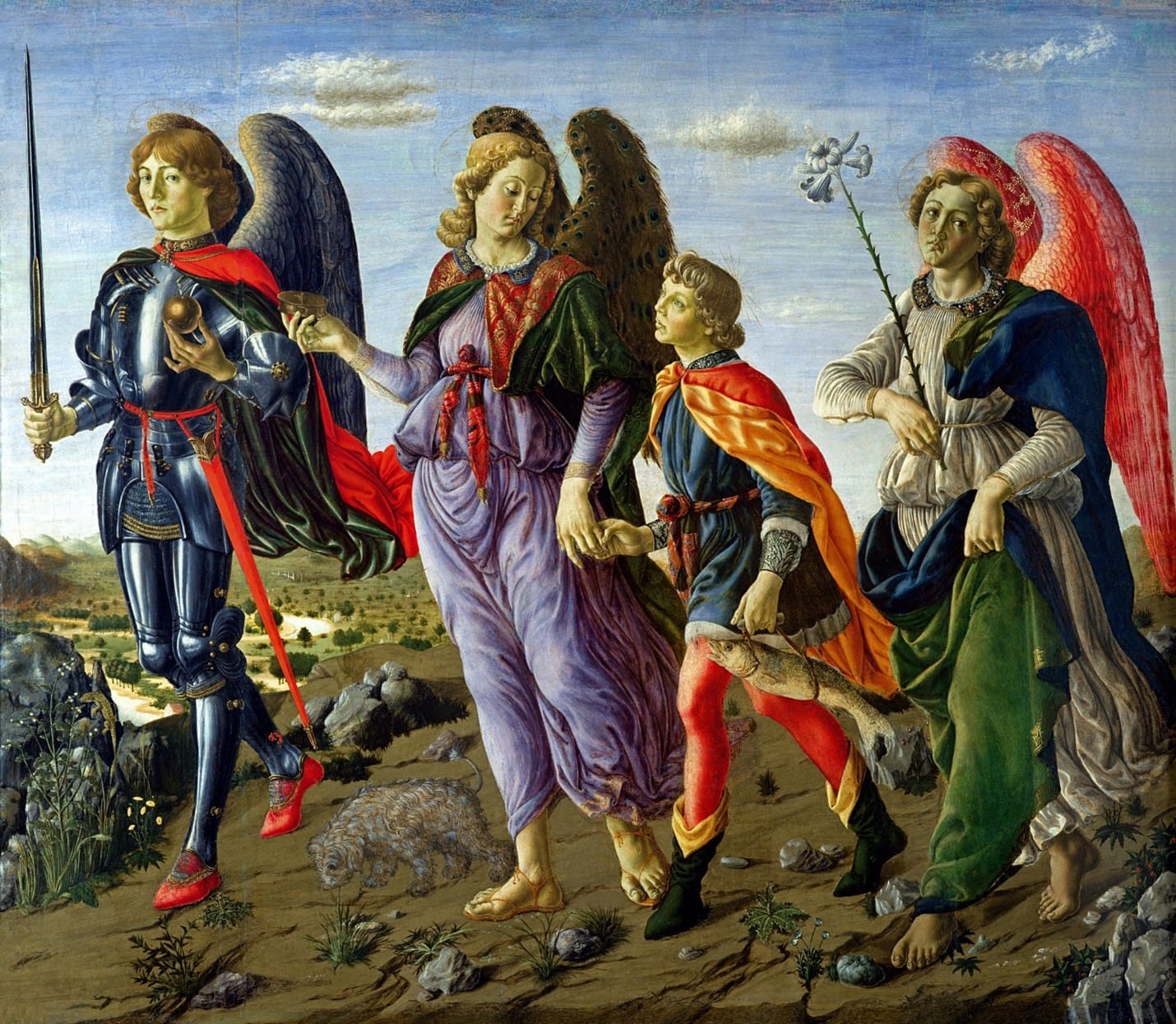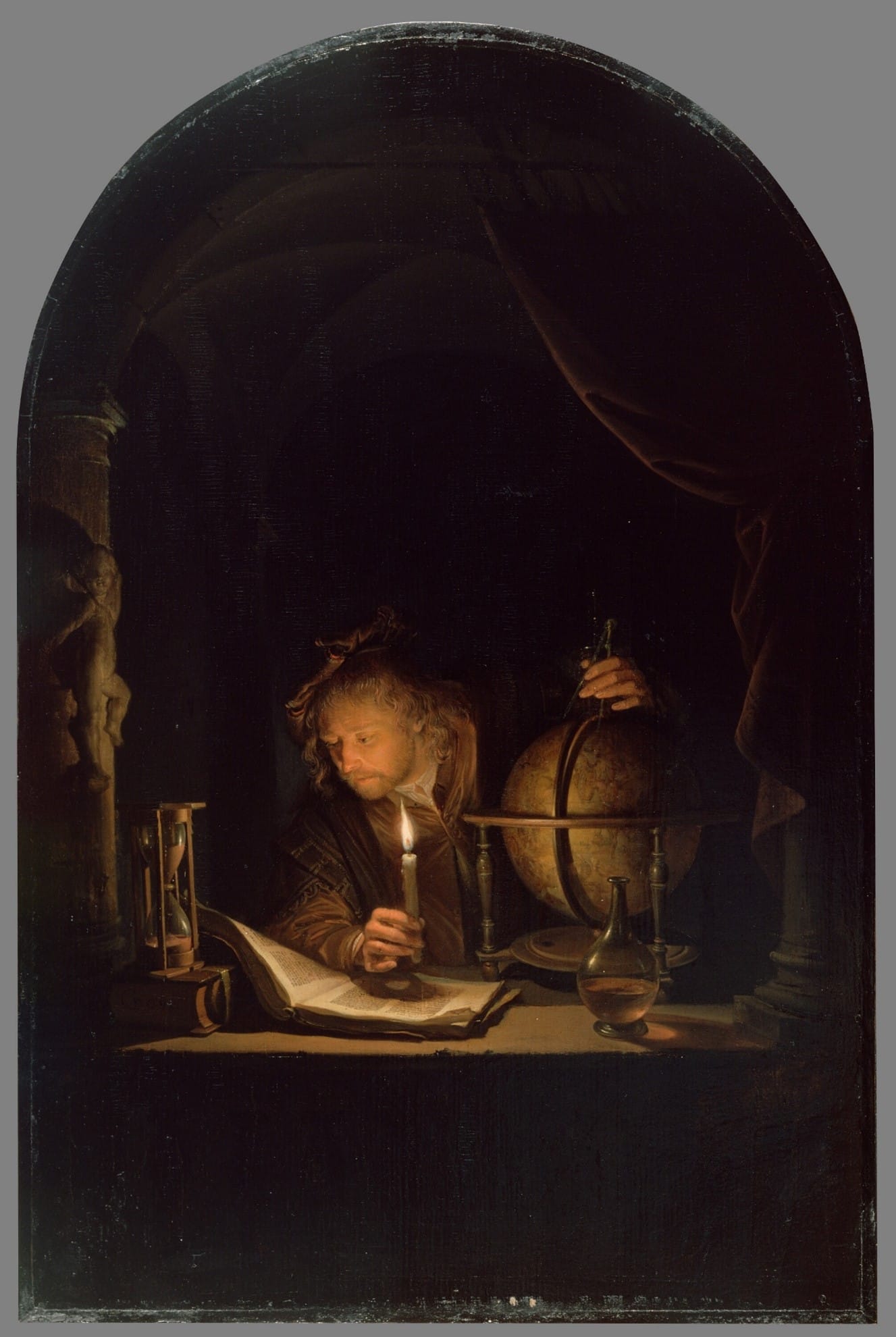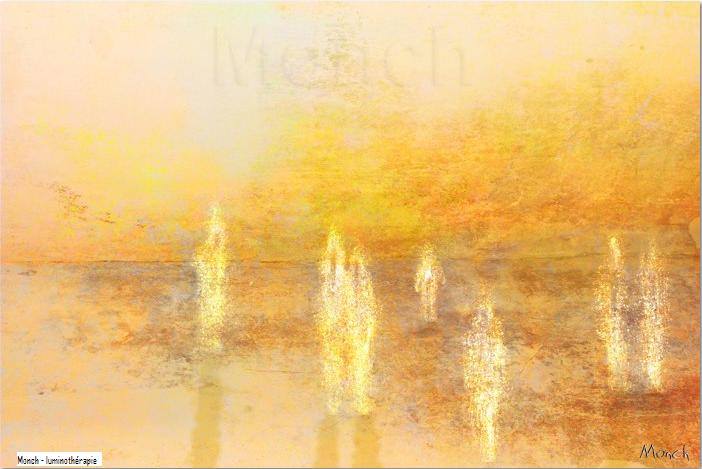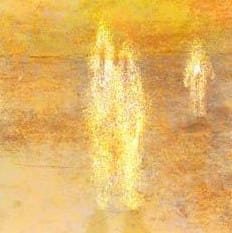AI Gets it Wrong Again: First Responders and Cliff Clavin

Not long ago, I wrote an essay on how misleading and incorrect AI can be when it provides a pre-digested answer to queries made through Google:

Recently, in conversation with my husband, he questioned when, collectively, we began using the term “first responders”. I didn’t know the answer and decided to find out.
As mentioned in my previous essay on how AI gets things wrong, I decided to test it out in this context. Here is, verbatim, the answer from Google AI:
The term "first responder" emerged in the United States in the early 1970s to describe those who provide immediate medical care at an emergency scene before a more advanced medical team arrives. Its first known use in print was in 1973 in articles about ambulance regulations in Massachusetts. The term's usage expanded over time, and after the 9/11 attacks, it became more broadly used to include all emergency personnel like police, firefighters, and paramedics.
AI Is Wrong Again
Without spending an inordinate amount of time researching the etymology of the expression, I found (rather effortlessly I might add) several earlier examples of “first responders” in print and in the current context.
In 1936 Oklahoma Annotated Statutes mentions it. In 1940 The United States Code cites it in the First Responders Emergency Rescue Act No. 71-7303. Nebraska revised its statutes in 1944 as pertains to first responders. In 1954, the House Reports of the U.S. Government discusses the matter in detail. And on, and on and on.
What AI did get right is that the expression came gradually into prominence in around 1975 and then skyrocketed to a peak in 2005. It has, oddly, diminished in print somewhat since then.
Wikipedia is, Sadly, Also Guilty, But to a Lesser Charge
To some extent, Wikipedia is also guilty of sloppy research, but at least they acknowledge it. In their article on the subject on first responders, they have the decency to provide a disclaimer:
This section possibly contains original research. It lacks a citation in support of the proposition that this was the etymology. These citations only show examples of usage, but don't seem to describe the origin of the term as claimed.
OK, fair-minded full disclosure: I shall continue to donate to them as I have done for years.
AI is Cliff Clavin
AI reminds me of a character from the TV series “Cheers”. For those of you who may recall, the character Cliff Clavin (played by actor John Ratzenberger) was a mail carrier and frequent patron of the Cheers bar. He was your classic “know-it-all” who knew very little.
For those who do not recall or never watched the show, here is a YouTube collection of Cliff Clavin moments. The whole video is quite amusing, but if you go to 1:08 minutes, you will see probably one of the more pertinent examples:
Here are a few other gems from Cliff:
I wonder if you know that the harp is a predecessor of the modern-day guitar. Early minstrels were much larger people. In fact, they had hands the size of small dogs.
It doesn’t seem fair, does it, Norm? That I should have so much knowledge when there are people in the world that have to go to bed stupid every night?
It's a little known fact that cows were domesticated in Mesopotamia and were also used in China as guard animals for the forbidden city.
It’s a little-known fact that the tan became popular in what is known as the Bronze Age.
Everyone in the Swiss Army owns a Swiss Army Knife. That’s why no one messes with Switzerland.
Like Cliff, AI presents its information as absolute and unquestionable.
How does one fly in the face of such misplaced certainty?
"A Little Learning is a Dangerous Thing"
Most are familiar with this quote. It came from a poem written by Alexander Pope in 1711 entitled An Essay on Criticism. Here is the full passage:
A little learning is a dang'rous thing, Drink deep or taste not the Pierian Spring. There shallow draughts intoxicate the brain, and drinking largely sobers us again.
So what is the Pierian Spring and what is Pope telling us?
Pope refers to a spring in Macedonia which was sacred to the Muses. He advises to either "drink deep" (i.e. read or inform oneself thoroughly), or not bother at all. His reasoning is that a shallow dive into the waters can cause a person to delude oneself into thinking that they know everything they need. To Pope's mind, this shallow learning is more dangerous than ignorance because it fosters an illusory certainty.
Twain, Boorstin, Huxley, and the Internet
Samuel Clemens, writing under his pen name Mark Twain, supposedly wrote:
A lie can travel halfway around the world while the truth is still putting on its shoes.
Here is the profound irony of Twain's purported quote. He never said it, he never wrote it. But for some reason, it is all over the internet being attributed to him.
Daniel J. Boorstin (1914-2004) was a renowned historian, author and professor. Well prior to the internet being ubiquitous, he wrote:
The greatest obstacle to discovery is not ignorance — it is the illusion of knowledge.
Of course, everyone points to Aldous Huxley and his prescient quote from Brave New World (written between 1931 and 1932):
People will come to love their oppression, to adore the technologies that undo their capacities to think.
Dorothy Parker and Ignorance
Dorothy Parker (1893-1967) was a poet, a critic, a writer, and a glittering, sardonic, witty and sarcastic regular at the Algonquin Round Table in New York (incidentally, treat yourself to a wonderful film about Parker, entitled "Mrs. Parker and the Vicious Circle").
One of her many many quotable quotes is the following delicious witticism:
His ignorance was an Empire State Building of Ignorance. You had to admire it for its size.
I admit to loving this quote and have used it, admittedly, out of context on many occasions. But I at least know what she was referring to; it was not a put-down. And it is quite germane to this essay.
She was writing about Harold Ross, the founder of the New Yorker magazine.
Another member of this group of writers and luminaries was the humourist James Thurber. In his memoir entitled "My Years with Ross" he explained that Parker was emphasizing how Ross was treating his job seriously. He wanted his reporters, Parker included, to put into plain and understandable language what "everybody knows" or understands or believe. Ross believed that reporters had become sloppy over time and he wanted to correct this.
The rest of what Parker had to say, and what is almost never cited, is as follows:
He was as void of knowledge of all matters cultural, scientific, and sociological as a child in a parochial orphanage. Yet his ignorance was not, as it so often is in an adult, either exasperating or tiresome. There was an innocence to it — no airs, no pretenses; if he did not know a thing, he asked about it. Usually the answer delighted him, and it always astonished him. I think it was his perpetual astonishment that kept him from ever in his life being bored.
What I'm getting it with this Parker quote and its explanation is that the internet provides us with little baby-bird pre-digested factoids but doesn't necessarily give us context. And collectively we are becoming terribly lazy in this regard.
Dumbing Down?
People bemoan the "dumbing down" of America. This expression in itself is to my mind deeply ironic. The verb "to dumb" means "to make silent". It doesn't mean to "make stupid". Or at least it didn't until the internet walked into our homes.
Do I dislike the internet? No, of course not. It is miraculous. It's hard to recall the world before it became an integral part of our lives. But like many tools, it has sharp edges.
The popular author Yuval Noah Harari was writing about censorship, but his sentiment applies to this discussion as well:
Censorship no longer works by hiding information from you; censorship works by flooding you with immense amounts of misinformation, of irrelevant information, of funny cat videos, until you're just unable to focus.

Carl Sagan in his master-work The Demon Haunted World: Science as a Candle in the Dark (1995), wrote:
When, clutching our crystals and nervously consulting our horoscopes, our critical faculties in decline, unable to distinguish between what feels good and what's true, we slide, almost without noticing, back into superstition and darkness.
One of the saddest lessons of history is this: If we’ve been bamboozled long enough, we tend to reject any evidence of the bamboozle. We’re no longer interested in finding out the truth. The bamboozle has captured us. It’s simply too painful to acknowledge, even to ourselves, that we’ve been taken. Once you give a charlatan power over you, you almost never get it back.
Are there any First Responders of Facts, First Responders of Accuracy? Precision? Critical Thinking? Veracity?
Because Cliff Clavin AI certainly isn't that. We've been bamboozled.
Would you like to read other posts? If so, please click the Home Page link below:

You, Dear Reader, are much needed and appreciated.
Everything written requires a reader to make it whole. The writer begins, then you, dear reader, take in the idea and its image, and so become the continuation of its breath. Please subscribe so that my words can breathe. Consider this my hand, reaching out to yours.

